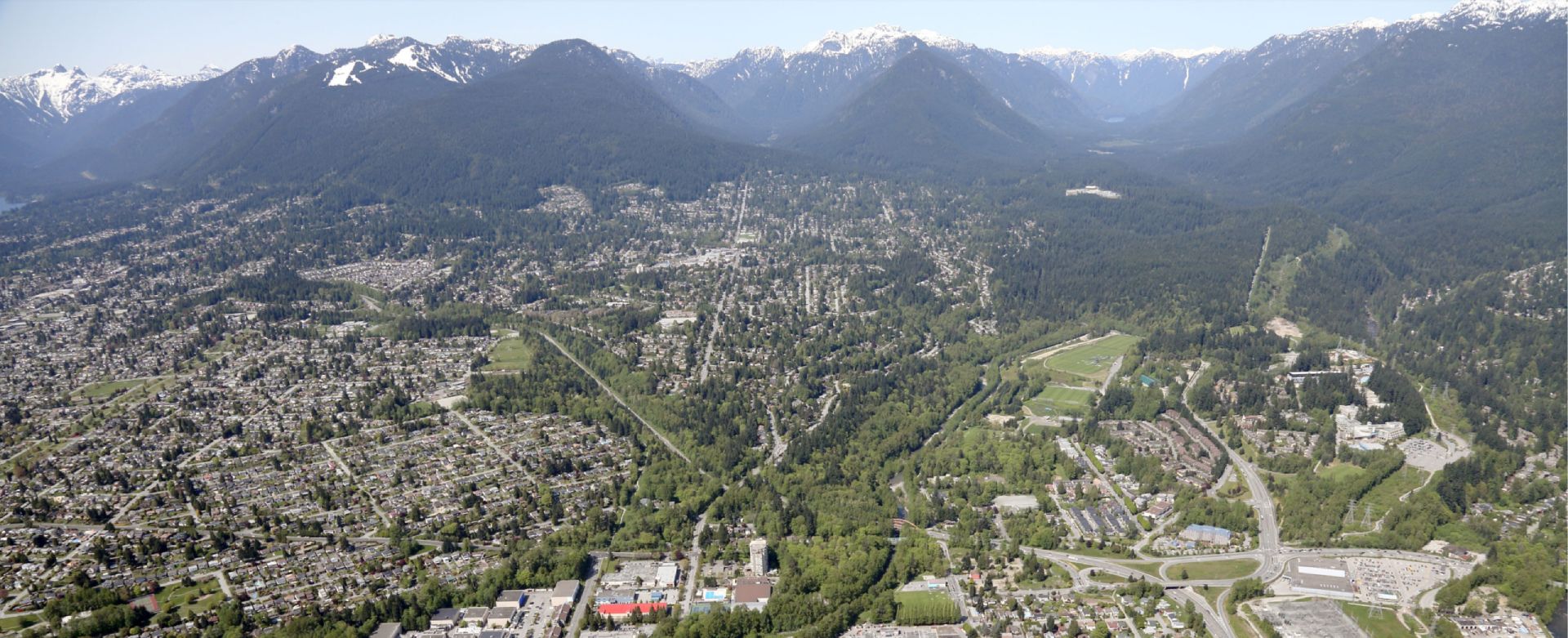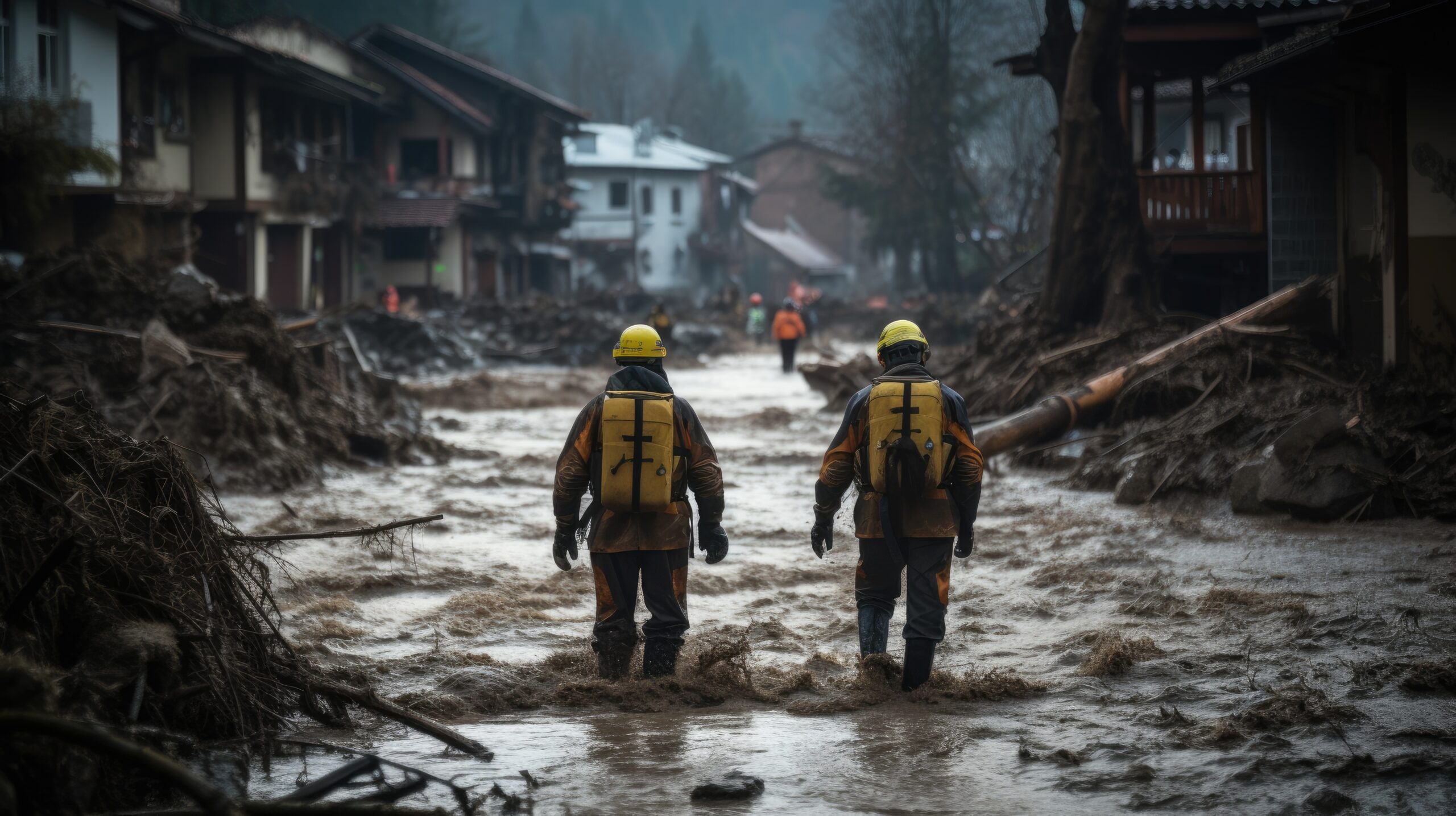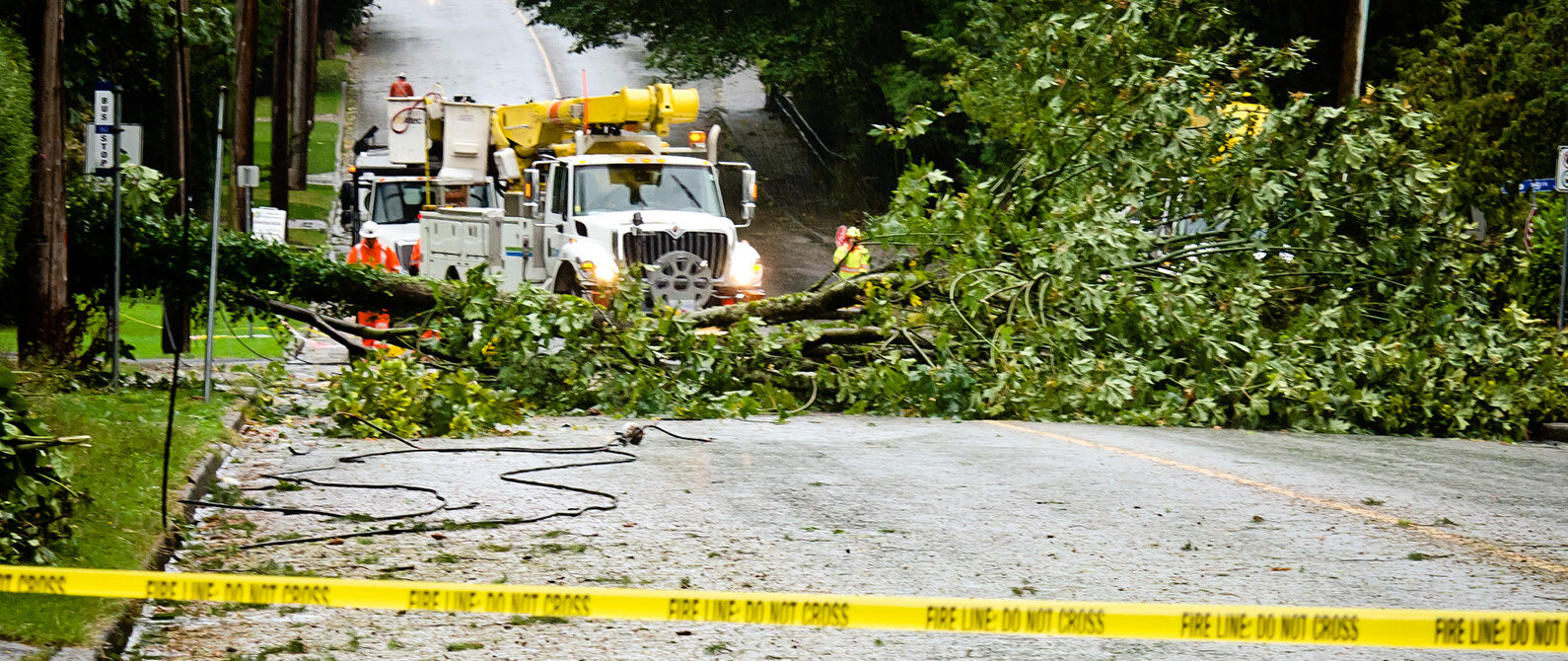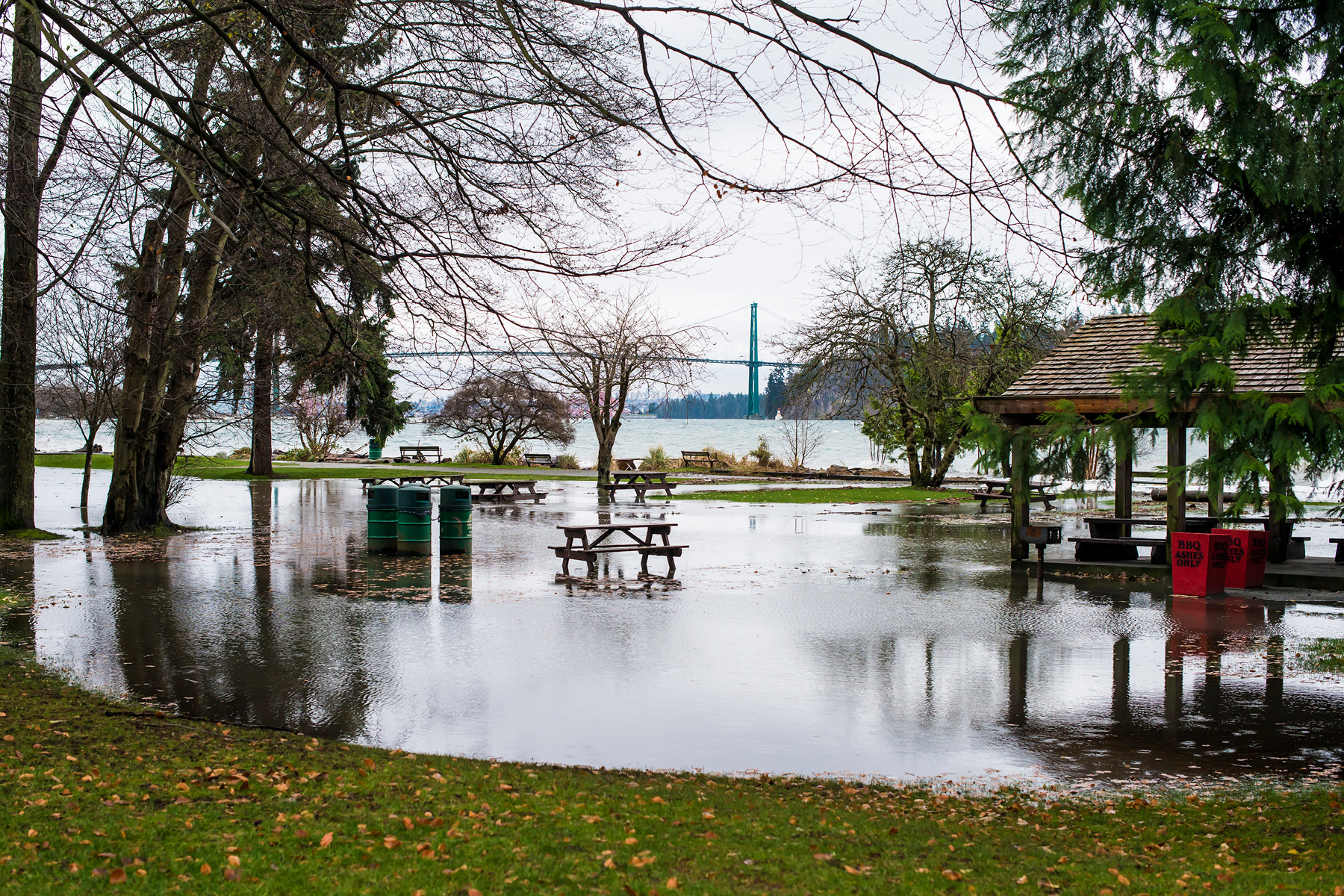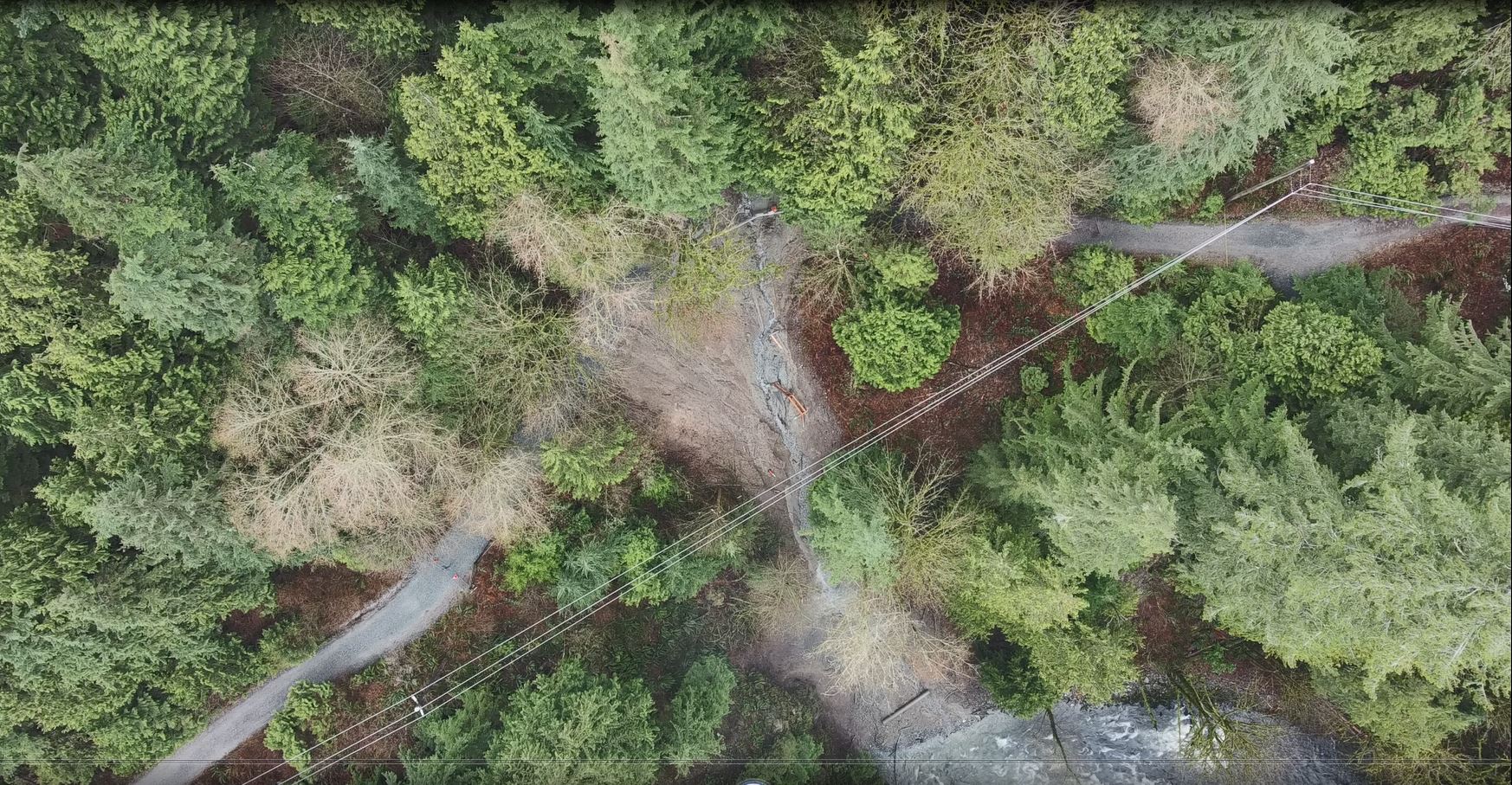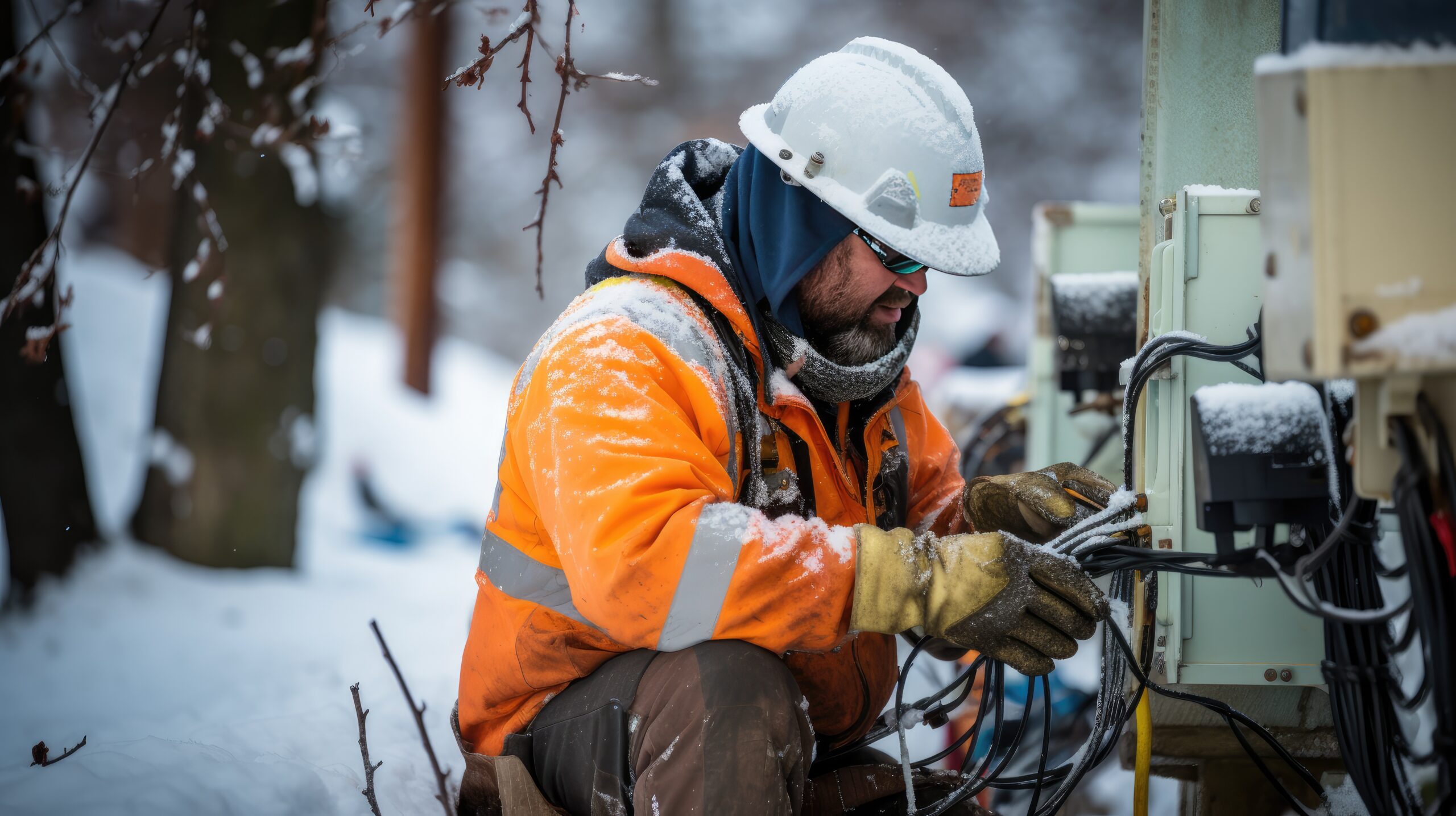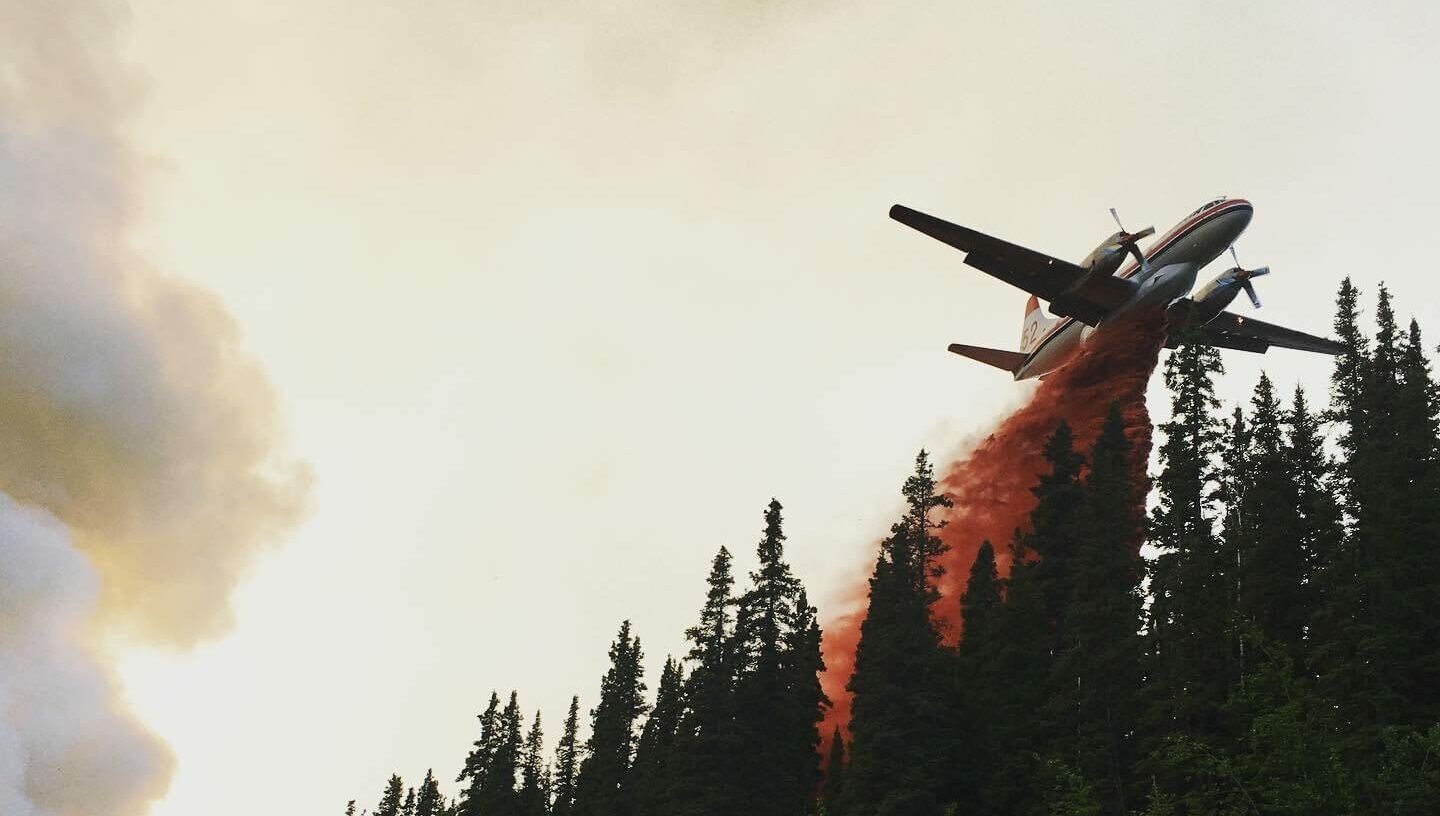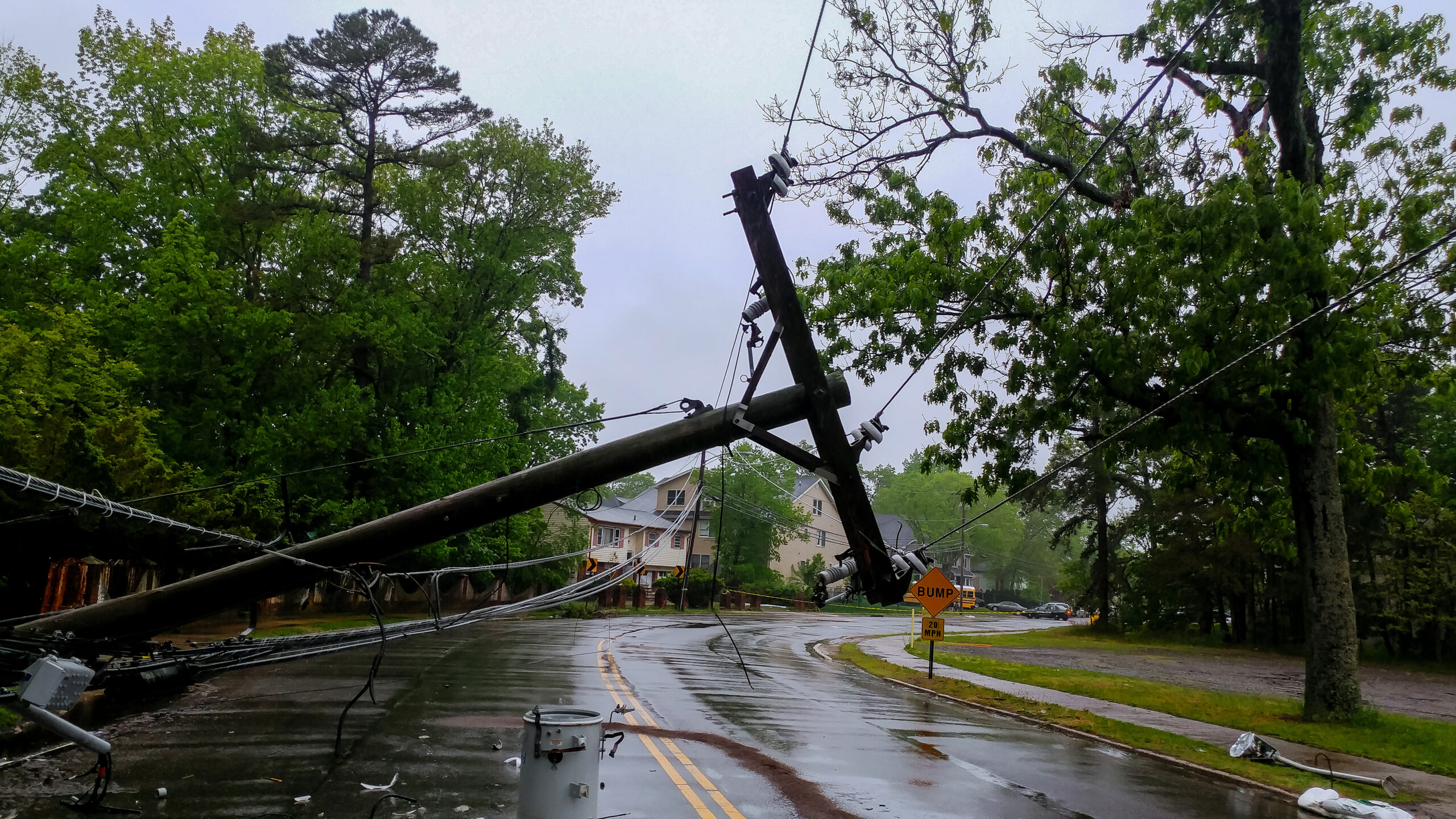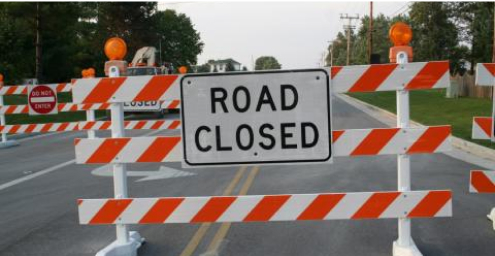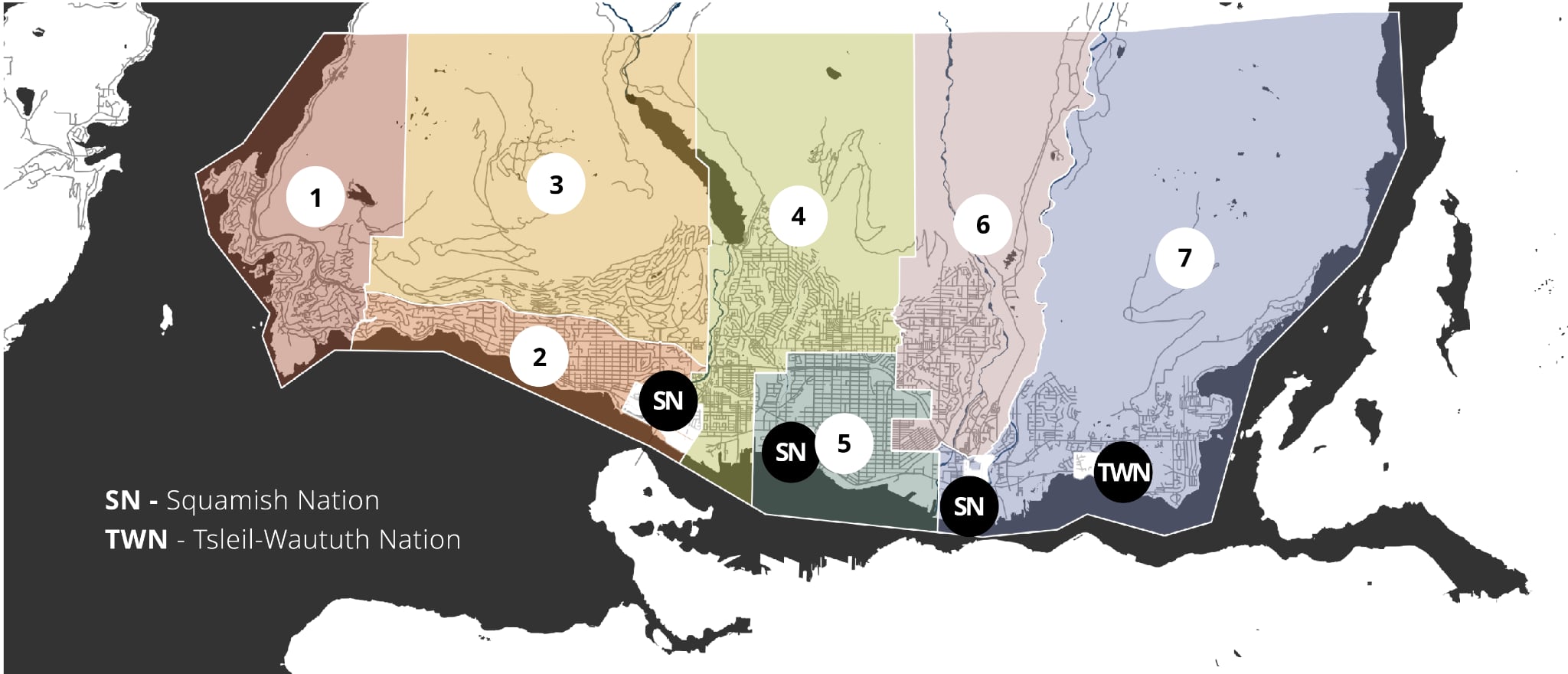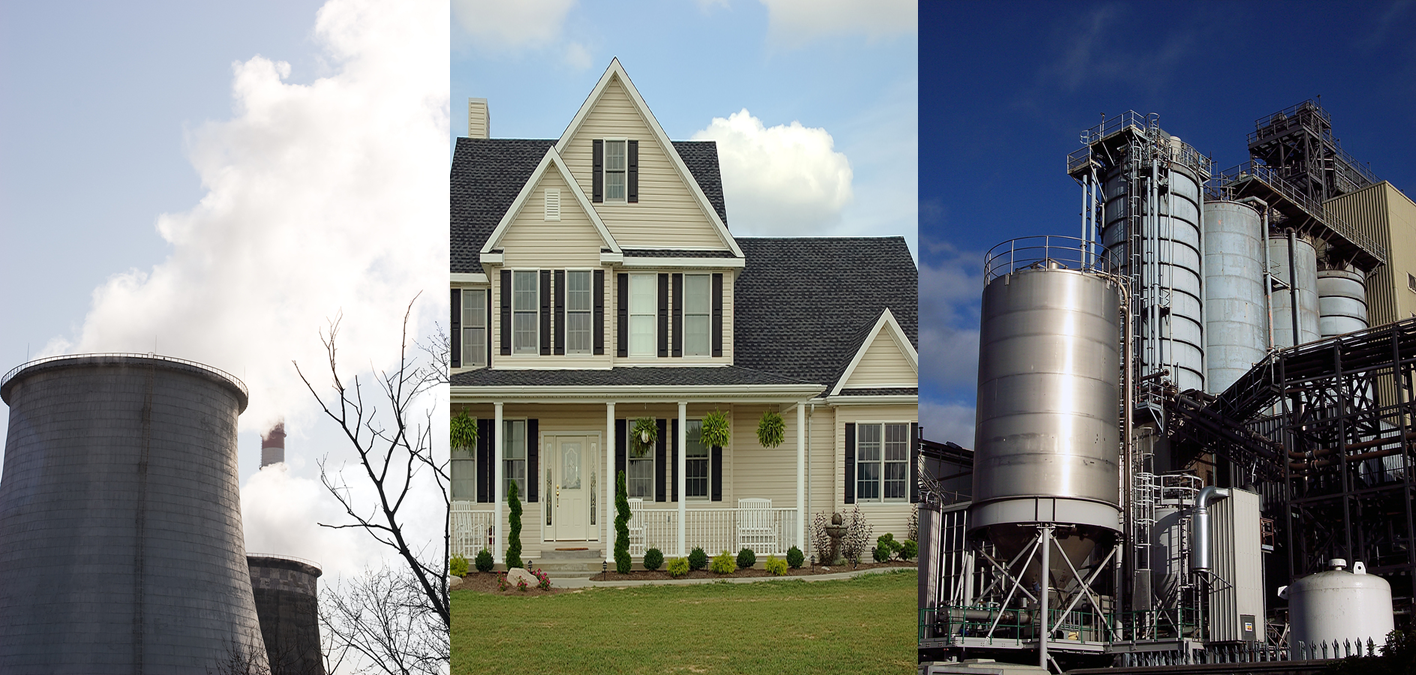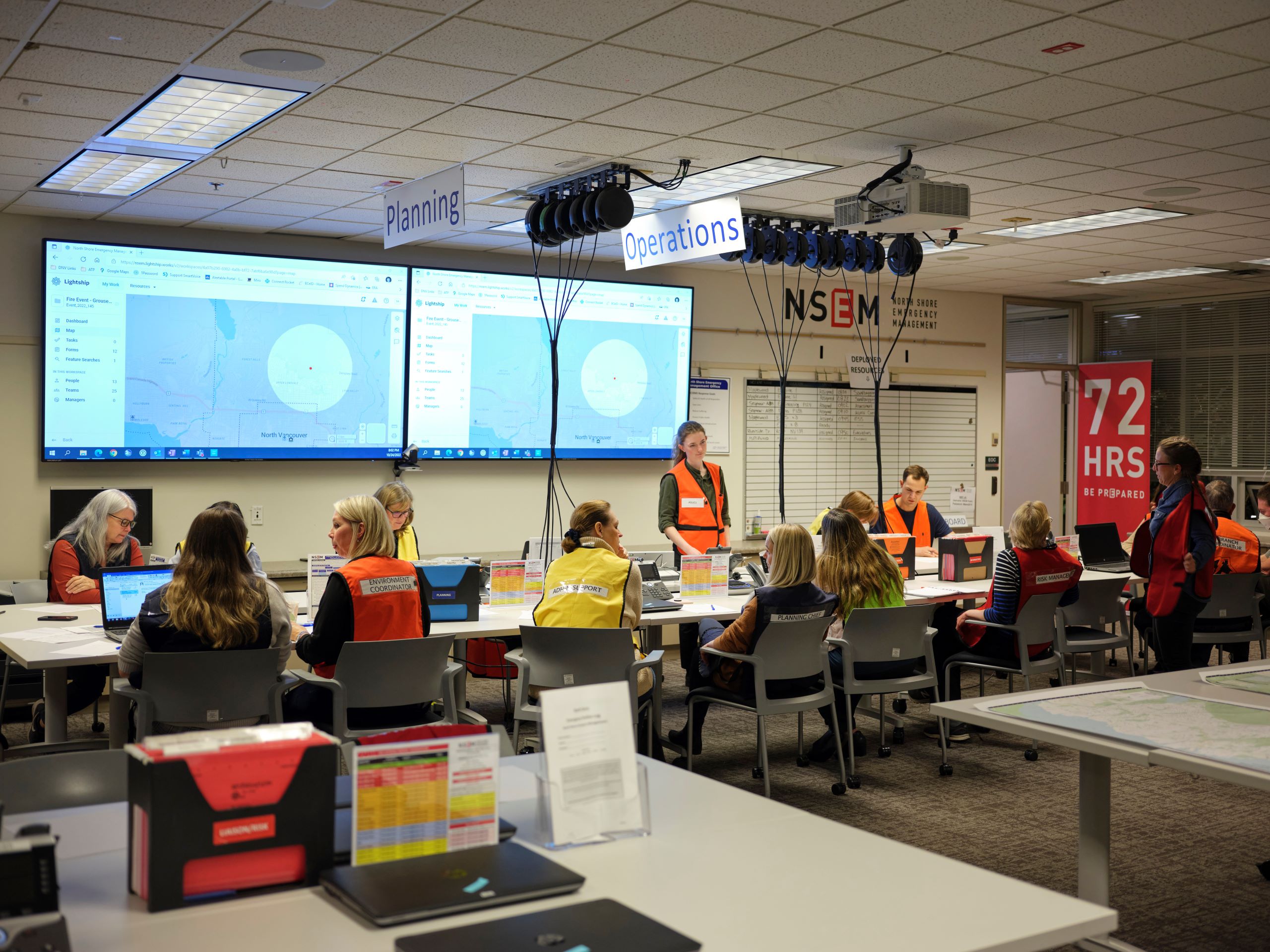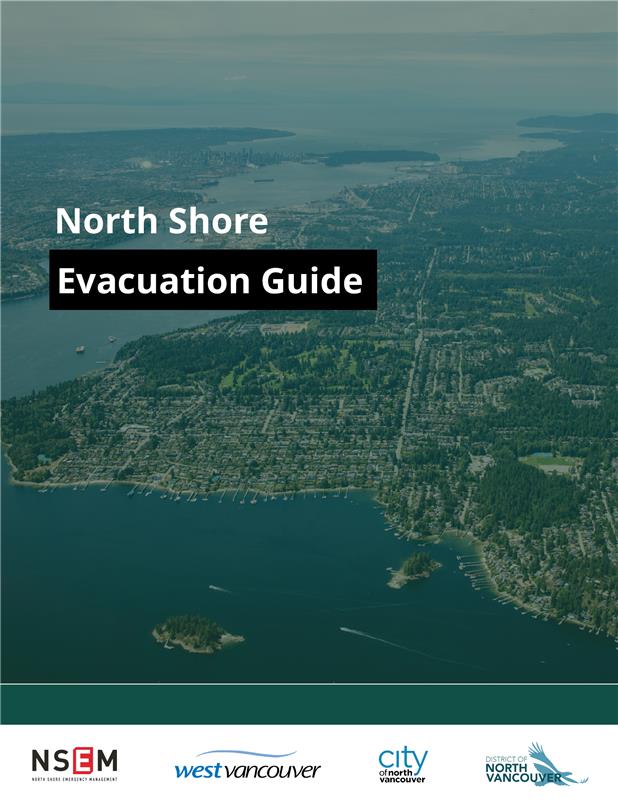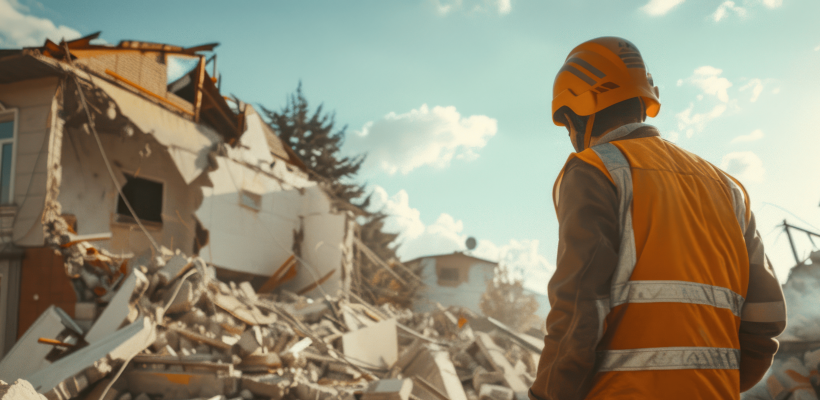
Understanding Risk & Resilience
The North Shore is susceptible to a wide range of hazards and risks, including earthquakes, wildfires, landslides, flooding, sea level rise and extreme weather events, in addition to human–induced hazards such as industrial accidents.
Understanding the risks these hazards pose will help people and communities better prepare for, understand, and reduce disaster and climate risks, and ultimately, enhance the resilience of the North Shore.
Get Prepared
After An Emergency
Evacuations on the North Shore
Some emergencies — such as wildfires and flooding — may make staying in your home dangerous. In such cases, it may be safer for you to evacuate the area and go to family or friends, or to an emergency reception centre.
Now is the time to get prepared. NSEM has created resources to help those who live, work or travel on the North Shore:
- Find your evacuation zone and sub-zone
- Prepare for an evacuation
- Understand evacuation planning, including what to expect at each stage
Upcoming Workshops and Events
“There are no upcoming workshops and events at this time. Please check again later. If you want to request a workshop or event, please contact us.”
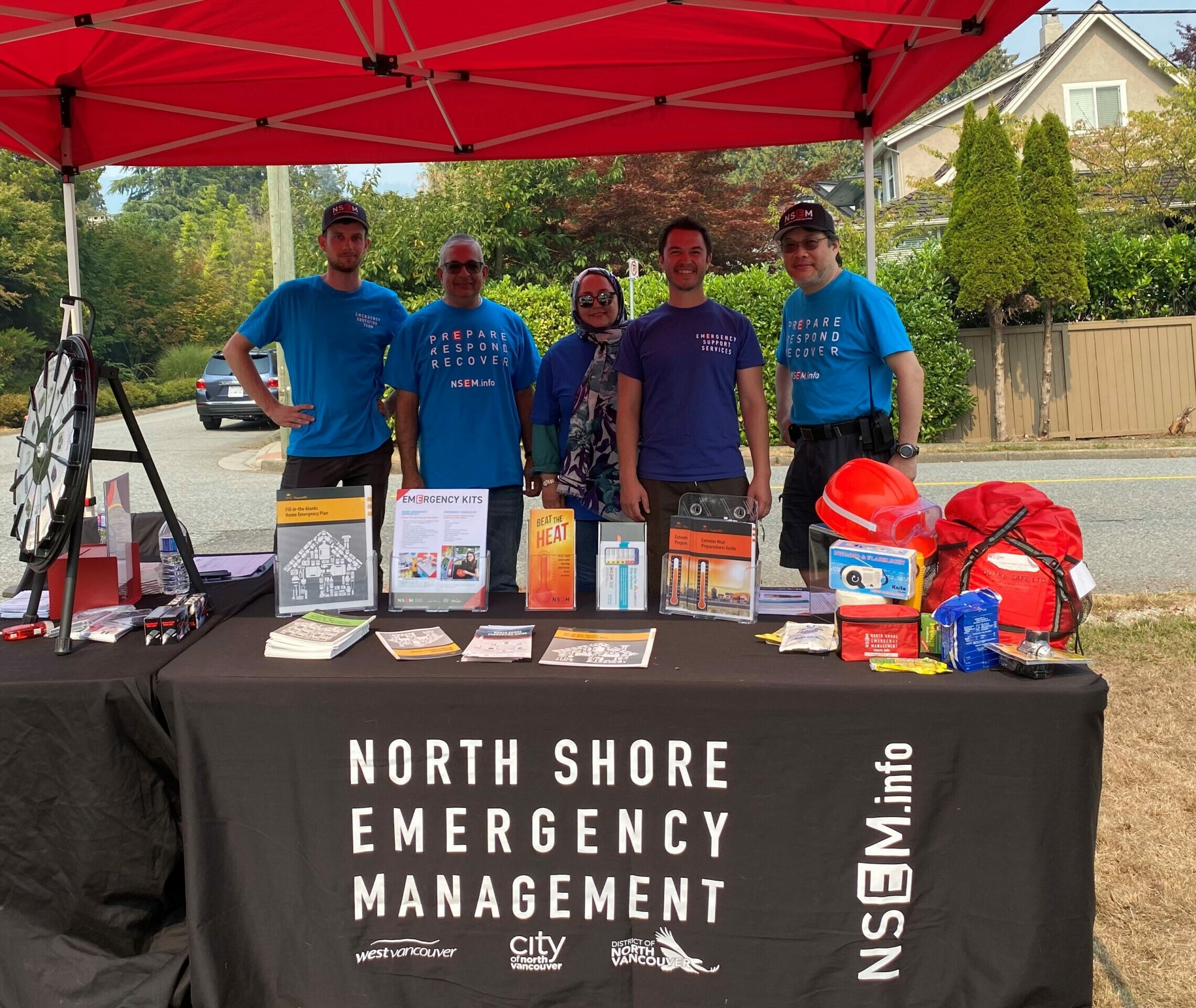
Become a Volunteer
NSEM offers volunteer opportunities to support our communities in their times of greatest need.


